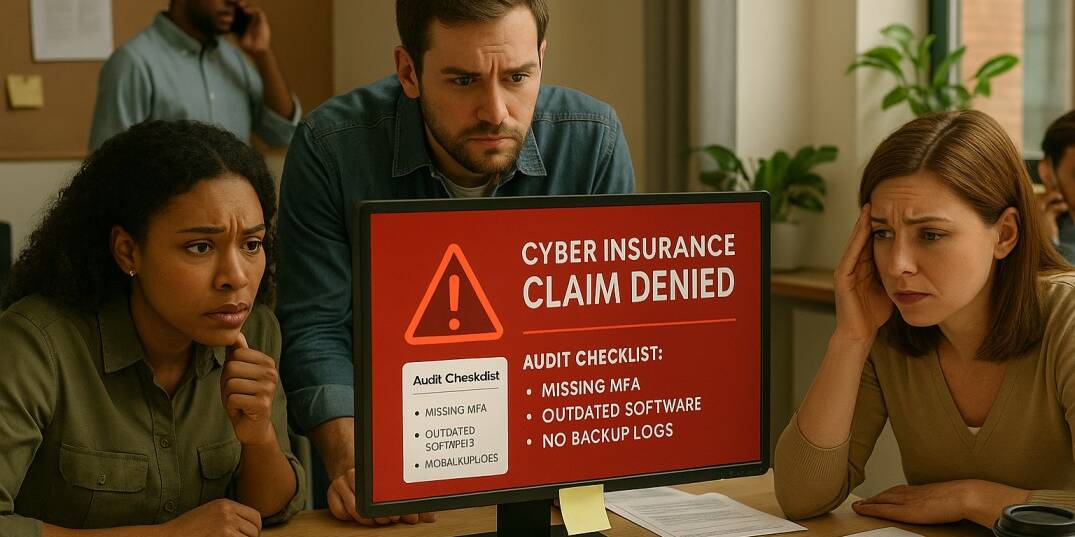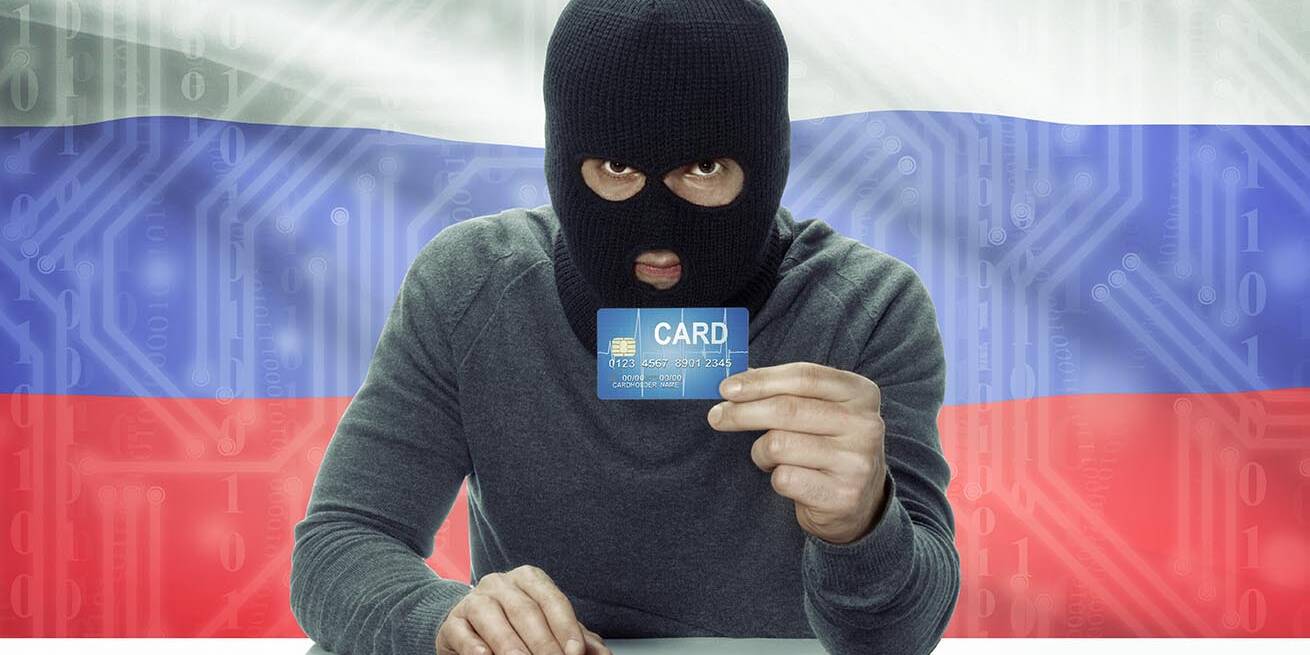The New Ransomware Reality: How Small Businesses in Atlanta Are Becoming Prime Targets
It used to be that ransomware attacks were something you only heard about in the news. Big hospitals. Fortune 500s. Some company in Europe you’ve never heard of.
But not anymore.
In 2025, ransomware has gone local. And small businesses in Metro Atlanta are smack in the bullseye.
Wait, Why Us?
Great question. Here’s the thing: Cybercriminals have figured out that small and mid-sized businesses (SMBs) often don’t have the budget, time, or internal expertise to defend themselves properly. That makes them low-hanging fruit with valuable data, client information, payment details, proprietary tools, and often, little to no preparation.
According to a 2025 report from the Georgia Tech Cybersecurity Institute, SMBs in the Atlanta area are now 3 times more likely to be hit by ransomware than they were just three years ago. Why? Because ransomware-as-a-service tools have gotten so easy to use, even amateurs can launch attacks.
Real Talk: It’s Not Always About the Money
Ransomware attacks used to be all about encrypting your files and demanding money to unlock them. That’s still common, but it has evolved. Hackers also steal your data and threaten to leak it if you don’t pay. They know SMBs rely on reputation, and a data breach can ruin it.
One recent case involved a local real estate firm whose files were locked, and employee info was stolen. The ransom note wasn’t about money at first; it was a countdown clock threatening to post sensitive data online if they didn’t respond. By the time they reached out for help, it was too late.
The New Trends We’re Seeing in Atlanta
- Double extortion: Attackers lock your data and threaten to leak it.
- Targeting backups: Hackers are getting smarter. They find and destroy backups before demanding ransom.
- Smishing and vishing: That’s phishing via text and voicemail, and it’s catching employees off guard.
- Vendor hijacking: Attackers compromise one of your vendors and then use that trust to access your systems.
But We’re Just a Small Business…
Exactly. And that’s what makes you a target.
Cybercriminals don’t discriminate by size; they look for weak points. And SMBs in Atlanta often don’t have dedicated cybersecurity staff. Even something like a shared password, an unpatched printer, or an old file server can open the door.
If you’re thinking, “We’d never be a target,” you’re who they’re counting on.
So What Can You Do?
No jargon. No scare tactics. Just real, doable steps:
- Enable Multi-Factor Authentication (MFA). Do this yesterday. Seriously.
- Back up your data, and test the restore. If your backup doesn’t work when you need it, it’s useless.
- Educate your team. Show them what a phishing email looks like. Keep it simple.
- Update everything. That old software you’ve been ignoring? It’s probably got a known vulnerability.
- Limit access. Not everyone needs access to everything. Use permissions.
- Have a plan. If you were hit tomorrow, who would you call? Do you know how you’d recover?
This Isn’t Just IT’s Problem
Cybersecurity is a business issue. It’s a reputation issue. It’s a revenue issue. Waiting until “something happens” is no longer an option. Prevention isn’t just cheaper, it’s smarter.
The new ransomware reality is this: SMBs are no longer flying under the radar. If anything, you’re in the spotlight. But the good news? A little awareness and a few smart steps can dramatically reduce your risk.
You don’t have to be perfect. You just have to be prepared.
Want to go deeper on how to protect your business beyond the basics? Check out our previous article: Why Antivirus Isn’t Enough for SMBs in 2025—it’s a great next step if you’re serious about building stronger cybersecurity defenses.
Want to see how your current cybersecurity stacks up? Book a free, no-pressure call with AlphaCIS. We’ll walk you through where you stand and what small improvements could make a big difference.
[Schedule Your Free Cybersecurity Review]

Dmitriy Teplinskiy
I have worked in the IT industry for 15+ years. During this time I have consulted clients in accounting and finance, manufacturing, automotive and boating, retail and everything in between. My background is in Networking and Cybersecurity



